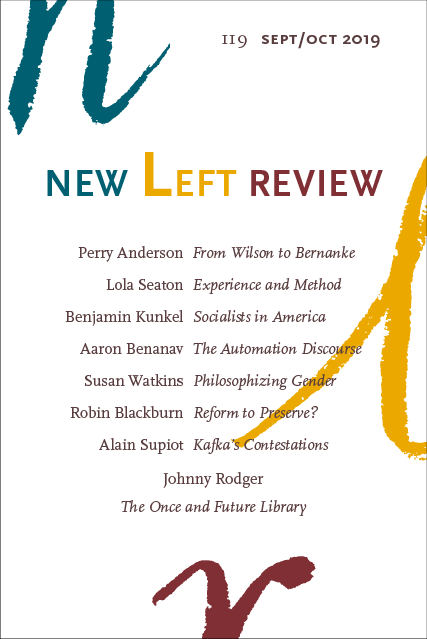Fantastic Critique Of Liberalism By Perry Anderson

Liberalism has always contained different shades, and its dominant version has varied across countries and periods. In the capitalist world, going back to the eighties, the line of division separating a liberal politics from a politics of the left is their respective attitudes to the existing order of things: does it require structural change or situational adjustment? The degree envisaged of each defines relative locations on either side of the dividing-line. To see where Tooze’s position might lie requires a sense of the dominant liberalism of the period. That comes in two inter-related packages. Between states, the ‘liberal international order’ has for thirty years been the touchstone of geopolitical reason: free markets, free trade, free movement of capital and other human rights, policed by the most powerful nation on earth with help from its allies, in accordance with its rules and its sanctions, its rewards and its retributions. Within states, ‘neoliberalism’: privatization of goods and services, deregulation of industries and of finance, fiscal retrenchment, de-unionization, weakening of labour, strengthening of capital—compensated by recognition of gender and multicultural claims.
The first has reigned far more unchallenged than the second. Very few liberals have seriously contested the principles of free trade, the primacy of the United States, or the rule of international law as enshrined in a United Nations whose decisions the us has for the most part been able to determine at will. The liberal international order remains a precious icon. Many, on the other hand, have questioned or resisted the full application of neoliberal measures within their own societies, nowhere implemented in their entirety. The extent to which the first shapes the intellectual universe of contemporary liberalism can be judged by the adaptation of leading minds once on liberalism’s left to its requirements: thinkers like Rawls, Habermas and Bobbio all furnishing apologetic glosses on us wars of intervention against states declared outlaws by Washington, with or without the affidavit of the Security Council. Tooze has never compromised himself in this way. But the language of ‘global economic governance’, cleansed of any reference to its most prominent innovation, the proliferation of sanctions to strangle or bludgeon recalcitrant countries into line—‘war by other means’, as Ambassador Blackwill candidly describes it—offers a route to much the same.